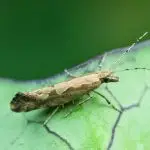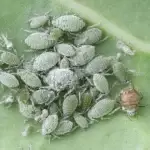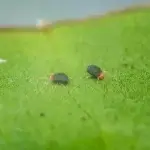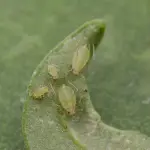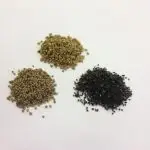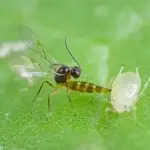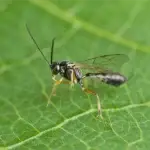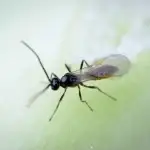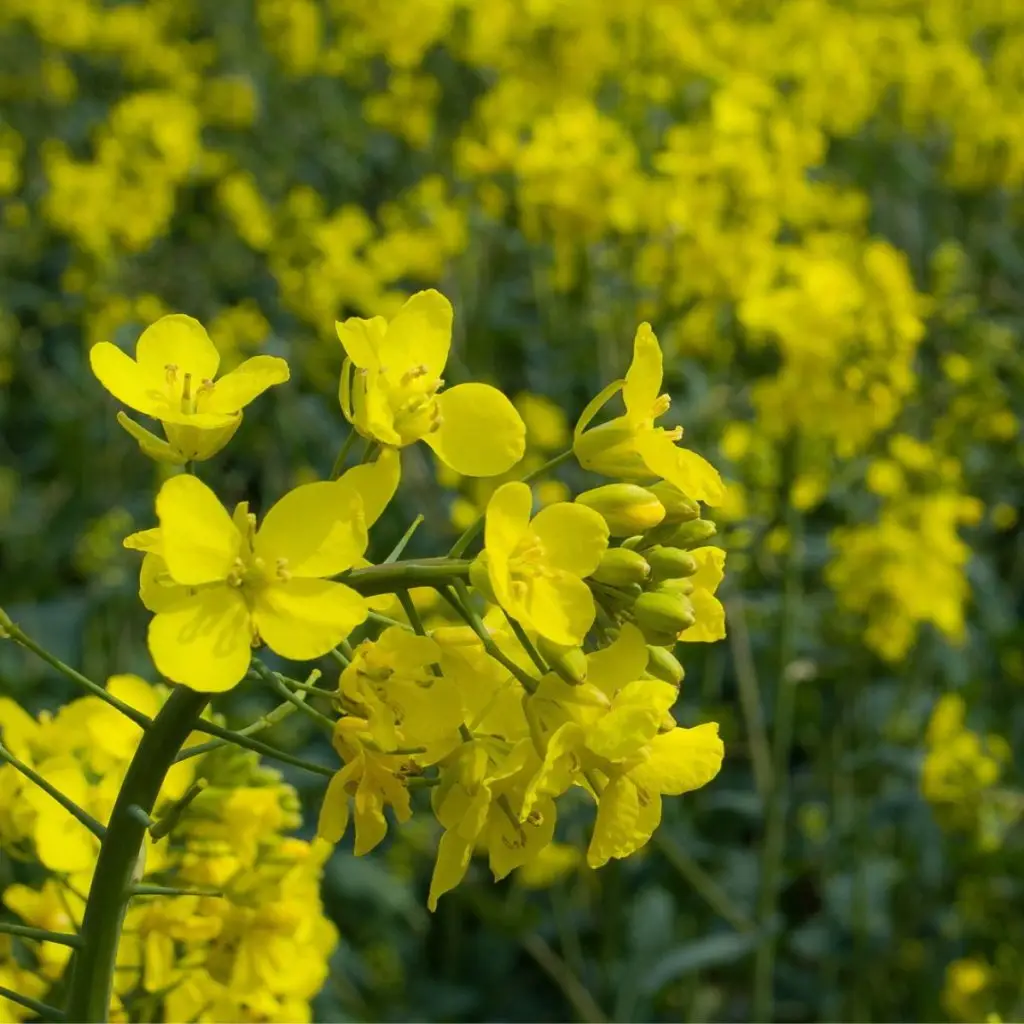Canola
Overview
Known for its bright yellow flowers, canola is cultivated for its oil-rich seeds and is one of Australia's most significant and valuable oilseed crops.
Canola is primarily grown in the temperate regions of Western Australia, New South Wales, Victoria, and South Australia.
Canola crops are affected by a variety of pests, with the seedling stages often vulnerable to mite species, such as Redlegged Earth Mite (Halotydeus destructor), Bryobia Mite (Bryobia spp.), and Blue Oat Mite (Penthaleus major).
Caterpillars from insects like Helicoverpa (Heliothis spp.), Cabbage White Butterfly (Pieris rapae), and Diamondback Moth (Plutella xylostella) can cause significant chewing damage to all parts of brassica plants.
Aphid species, like Green Peach Aphid (Myzus persicae), Cabbage Aphid (Brevicoryne brassicae), and Turnip Aphids (Lipaphis pseudobrassicae), can cause damage by feeding on the plant's sap, leading to reduced growth and the transmission of plant viruses.
Western Flower Thrips (Frankliniella occidentalis) can cause curled or twisted pods on canola.
Other pests include Weevils (Ceutorhynchus spp.), Rutherglen Bugs (Nysius vinitor), and Lucerne Fleas (Sminthurus viridis).
Signs you have Canola pests
The key to controlling pests in your canola crop effectively, is detecting them early and introducing beneficials at the right moment.
- Caterpillars such as Heliothis (Helicoverpa spp.), Cabbage White Butterfly (Pieris rapae), and Diamondback Moth (Plutella xylostella), can cause severe damage to the plants by feeding on flowers, pods, and seeds, resulting in reduced yield and quality.
- Aphids such as Green Peach Aphid (Myzus persicae), Cabbage Aphid (Brevicoryne brassicae), and Potato and Turnip Aphids (Lipaphis pseudobrassicae), weaken the seedlings and, in mature crops, render the produce unsaleable due to honeydew and sooty mould, which you will be able to easily see. Aphids can also transmit turnip yellows virus.
- Bryobia Mite (Bryobia spp.) pierce and suck canola leaves, causing distinctive trails of whitish-grey spots.
- Redlegged Earth Mite (Halotydeus destructor) feeding causes patches of silver-white discolouration on leaves and can result in shrivelled or distorted leaves.
Products you can use to control Canola pests
Biological Services produces a range of products to control pests among canola.
Other tips for managing pests in your Canola
Choose healthy, pest-free and pesticide-free seedlings from a reputable supplier.
Follow the best irrigation and agronomy practices. Healthy plants are less susceptible to pest and disease outbreaks. Crop rotations and resistant cultivars also play an important role.
Your local Biological Services Consultant can help with professional crop monitoring and IPM program advice.
Get tailored advice for your commercial crop
To speak with one of our qualified consultants about your current commercial crop challenge or to learn about the benefits of the IPM maintenance and monitoring services we provide, contact us.

